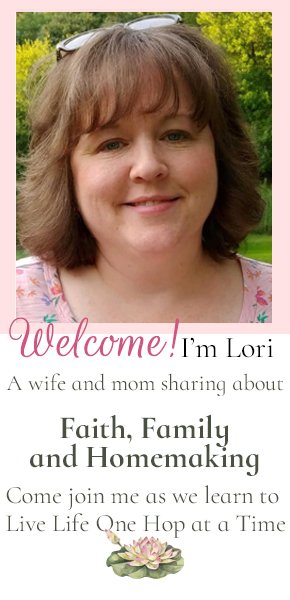Protecting Our Elderly Loved Ones from Scammers
/Just recently my parents were on the receiving end of several scam phone calls that turned malicious. Thankfully, they knew the calls were not legitimate. After having to deal with repeated calls, my mom voiced her opinion about the man and how she would report him and the number. He turned on her like a wild animal and told her the men coming to their house to sign papers for their winnings would be “taking care” of them if she reported him. While he talked, she told my dad to call the police because he was threatening them. They called, rightly so because their lives had been threatened.
As this was going on, I walked in the room. My mom had hung up the phone, and she told me what had happened. Not two minutes later, their phone rang again; I answered it and it was the same man.

Senior citizens are prey to criminals. They are the owners of homes, nest eggs, and most with an excellent line of credit. They are the generation who were taught to trust others and because of this, they are the perfect prey.
Scammers and thieves know most of the elderly are on their own when making financial decisions. They make beautiful promises of money and items that an elderly person may really need at the moment, so they become their “new best friend”. They know how to smooth talk their way into the accounts of the innocent. Because of this, senior citizens lose BILLIONS of dollars every year.
5 Things to Consider When Protecting
Our Elderly Loved Ones From Scammers
Make visits and calls – keep an eye on your loved ones. Calling and visiting regularly helps keep you in tuned to what is going on.
Talk to Them About Scams – remind them there is no foreign lottery, there is no one in another country leaving money to them. Government offices (IRS, FBI, or even local law enforcement) will not call and ask for private information and money. Warrants for their arrest will not come over the phone!
Change of Number – sometimes changing the phone number is a must. While I hated for my parents to change their home number after thirty years with the same one, I realized the change would help keep them protected.
Don’t Share Extra Information – while doctor offices, hospitals, and pharmacies need phone numbers, they don’t need your social security number and emails. As long as you have your insurance member number, there is no reason to give a social security number. Even if they don't have their member number, DO NOT GIVE IT!
Don’t give an extra phone number or an email to these businesses they can leave a message if your loved one is unavailable to answer the call.
My mother received a letter from her doctor in the fall stating her private information had been stolen during a recent server hack. Thankfully, she had not given her social security number. DO NOT GIVE a social security number!
Don’t Belittle – it’s not fun growing old with memory loss and the slowdown of quick thinking. Let your loved ones know you are there for them and to help them. Unless they are failing in mental health, don’t make them think you will take control over their finances and decision making. As long as a loved one can handle things on their own, they should be allowed to keep some independence.
When I answered the phone call from the scammer, he waited for me to say hello and then he started his threats again. I told him he was not talking to my mom and when he realized what he had done; he began trying to be nice. When I told him I knew what he had done, he began threatening me with the men being on their way to their house. I told him to send the men because I was waiting for them at the front door and I was armed. He told me that the police had better not be involved or we would be sorry. He continued to threaten until I hung up on him.
All of this was a scare tactic he thought he would get away with so he could gain access to someone's bank account, but he didn't, this time.
These scammers know with a little arm twisting they will pocket hundreds if not thousands of dollars from the elderly. While I knew the probability of the phone call coming from outside the US (Jamaican area code), I was concerned. It is possible to have what I call a “front runner phone number” that keeps the real number from being traced and these people actually being local.
It’s a sad day in our society when a good for nothing, low life who won't get a real job but targets the elderly who have worked so hard for what they have.
While my parents didn't fall for this scam there are a many who will. Are your elderly loved ones some of those will fall for this? If so, talk to them!
I hope you'll join me over the next few weeks as I share more about Protecting Our Elderly Loved Ones From Scammers.








